Higher Education Conference - IPL
Higher Education Brought to Life

6th Annual Philosophy and Theory of Higher Education Conference
Time: 11-13 June 2024
Place: Norwegian University of Science and Technology, Trondheim, Norway
“It is the ultimate task of our existence to achieve as much substance as possible for the concept of humanity in our person, both during the span of our life and beyond it, through the traces we leave by means of our vital activity. This can be fulfilled only by the linking of the self to the world to achieve the most general, most animated, and most unrestrained interplay.”
Wilhelm Von Humboldt [1793] Theorie der Bildung des Menschen.
The theme for the 2024 PaTHES conference is Higher Education Brought to Life.
With this theme, we want to bring education as an aspect of humanity’s living the world into play. We hope that the ambiguity of the theme will inspire you to play with philosophical ideas and to theorise on higher education as we know it and as we aspire it to be. It is an opportunity for creativity, problematization and imagination.
While the theme might suggest that higher education has been removed from or (could be) brought back to lived life, a central question to be addressed is how we as researchers can contribute in developing meaningful understandings of lived experience of individuals, communities, cultures and societies through our research on and in higher education. Approaching this question, we bring into mind the rhythms and everyday life of and in higher education, and understandings of the self and the lifeworld, of bodies and a vivid present, of time, space and place, of sociality and practice, of community and institution.
The theme for the Trondheim conference is also motivated by where the 2024 conference is situated and the Nordic tradition of Pedagogy (Pedagogikk) - a concept that alters its meaning depending on regional contexts. In the Nordic countries ‘Pedagogy’ is a descriptive and normative discipline or field of study rooted in the continental didactic tradition and the ideas of Bildung. The theories and approaches connect both in history and in ideas to other traditions for understanding higher education. We invite you to bring into play local and contextual understandings of education as individual and communal life processes, on the timeless and timely, universal and situational.
Furthermore, there is the notion of hybridity, and the ambiguity and conflation of the dichotomy between the living and not-living. The machinery. The computer. The human. The student. The forest. The community. A living human industry has produced things in our image. And things are no longer inert. We experience that the “things” that we have made to manipulate the world, are now manipulating us, having in some ways gained a life of their own. What have we brought to life, and how? Our living present and history could lead us to believe that a thriving humanity and a living planet are contradictory. Are we producing an end to all life?
Higher Education Brought to Life engages us to discuss the purpose of higher education. Are we educating students to dystopia or to imagine hopeful futures and agency to change the way we live the world? Education is regarded as a cornerstone for societal and personal development. However, in the dominant imperative of today, higher education in particular is often reduced to economic and individual development and gain. Through the conference, we want to think collectively about how higher education can be a powerful place to envision and create future trajectories of societies; how co-existence and peace can be built.
The conference theme may play both on Genesis and on Apocalypse. It may engage our thinking on the very notion of and historicity of higher education and the higher education institutions. Is the University - as an idea, as a space and a place, as living practice - in a coma? We envision the conference as a place to discuss how higher education is brought to life; as a hopeful place - hope in the sense that Ernst Bloch (1954) describes it as a realisation of our humanisation. What living memory do we inscribe in the institutions which we create and nurture through our educational practices and our careers?
The conference Higher Education Brought to Life invites you to engage in dialogues on what is of worth in higher education, and what is at stake, engaging together in bringing to life hope and imaginaries of alternative futures.
The conference will be held in English and is an on-site only event.
Important dates
|
Early February 2024 and onwards |
Registration is open |
| 16 February 2024 | Final deadline for submission of paper proposals |
| 12 April 2024 | Deadline peer review process |
| 15 May 2024 | Registration deadline |
| 3 May 2024 | Submission of revised short essays |
More about the conference
Registration
Registration
Registration for the conference is now open LINK TO PAYMENT SYSTEM
There are three different fee levels:
Ordinary: 3600 Norwegian kroner (around 320 Euro – check the current currency rate)
PaTHES member: 3000 Norwegian kroner (around 270 Euro – check the current currency rate)
Unwaged/student: 1000 Norwegian kroner (around 90 Euro – check the current currency rate)
If you are not yet a member of PaTHES, you may consider joining the Society in order to be able to get the reduced price https://pathes.org/membership/
We have the opportunity to offer a limited number of places for unwaged or student participants. These are available on a trust based system. Get in contact with Dagrun Engen dagrun.engen@ntnu.no if you are unsure.
Independent of the fee level all registrations include a printed conference book and access to the different activities, lunch on Tuesday, Wednesday and Thursday, as well as a reception dinner on Tuesday. We have tried our best to keep the fees as low as possible. Any possible surplus will be transferred to the society to support future events.
Register today LINK TO PAYMENT SYSTEM Payment by creditcard. Extended deadline for registration is May 15.
(We are aware of the Norwegian text on the registration page and are actively working to change it. However, as the page is part of our university's general system, our options are limited. We hope this won't hinder your registration process. Thank you for your understanding)
Submission details (the call is now closed)
Submission details (the call is now closed)
We welcome submissions on a wide variety of topics that bring meaning to the main theme higher education brought to life. We are especially interested in submissions that invite us to engage in critically theorising, philosophically exploring and broadening our understanding of higher education.
Higher education is a multidisciplinary field of research and a multi-voiced theoretical and philosophical field. We hope for a range of submissions that reflect this plurality.
We welcome submissions from researchers in all stages of their academic biography (doctoral, early-career, established), and across institutional and ‘out-stitutional’ contexts.
Submission information
Contributions for the PaTHES 2024 Conference will be in the format of submission of a “short essay” (before the conference) and a conference “presentation” (at the conference).
You submit to one of the three parallel conference tracks. After submission you will have the opportunity to develop your short essays through a peer feedback process. Your short essays will then be printed in a conference book that you will receive the first day of the conference. The format of your presentations at the conference will depend on the format in your chosen track.
Submission format
We have chosen to name the submission texts as “short essays”, knowing that the ‘essay’ carries a variety of specific or vague meanings for a text in different academic fields. The “short essay” in this conference draws on the French etymology of the word as an attempt - to try, and should allow for different genres and styles. In the essay we can attempt analysis, interpretation, clarification and argument, as well as exploration, association, metaphor and paradox. In the text our understanding of the case, the issue, is set into motion but unfinished. The word limit is 800 words + 5 references, and it may include one photo/ illustration.
Peer-review process
Peer-review process
In the spirit of the pedagogical meeting, we have decided to have a community-based feedback process to move forward with the short essays. This approach is inspired by Hybrid Pedagogy. The hope is that this process will contribute to a dialogic process leading up to the conference that also can strengthen a supportive community of inquiry.
A peer-review process requires trust. Thinking is always under way, and it is biographical. Authors communicate thinking through writing, essentially giving a fixed expression to thoughts that still are moving. The written text becomes an opportunity for re-interpretation of one’s own thinking. As reviewers we are allowed to participate in this hermeneutic process. A collaborative feedback process needs to be relational and centred around care and dialogue. To be kind is not to be un-critical or to avoid challenging each other. However, we collaborate not as judges but as critical friends. The author is always in charge of their own text. We hope that this approach will start conversations, provide new insights for all of us and contribute to further development of the essays.
Many of us might not have experience with this type of ‘radical openness’. You are asked to read and comment on texts in their formative stage, in a format that might be unfamiliar. Remember that we base the meaning of the essay as ‘the attempt’. The unique opportunity to engage with the author and their work also entails power. Be curious and kind to each other. Quoting Pippi Longstockings: ‘The one who is very strong must also be very kind’ (“Den som är väldigt stark måste också vara väldigt snäll”).
Process and timeline
Once we have collected all submissions, the conference committee will read through all essays and send acceptance letters to those that will move into the peer-feedback process. The accepted submissions will then be shared in a GoogleDrive folder that all authors will get access to. We will organise groups of 4 or 5 authors. In each group one of you will be given the role as coordinator, which entails a small practical responsibility to guide the process if needed. All of you will engage in a feedback dialogue on 2 other texts in the group. You will see which texts you are supposed to read and give feedback on in an overview file. The deadline for the review process is 12 April 2024. After that the final submissions are collected on 3 May. All submissions will be printed in the conference book that you receive at the start of the conference.
How to do the peer-feedback
The peer-feedback work is done in the margins of the documents, to allow us to think of it as a process, rather than a deliverable. Use the commenting function to engage in dialogue with each other, ask questions, explain your thinking, support each other. In order to have meaningful dialogues around the texts, we suggest the following to guide your reading and your feedback:
- Curiosity: how do I understand the other person’s line of thinking/argument?
- Communication: how can I communicate my reading and my questions in a way that contributes to the other person’s understanding of their text?
- Encouragement: how can I contribute to further work with the text and with preparation for the conference?
Programme
Programme
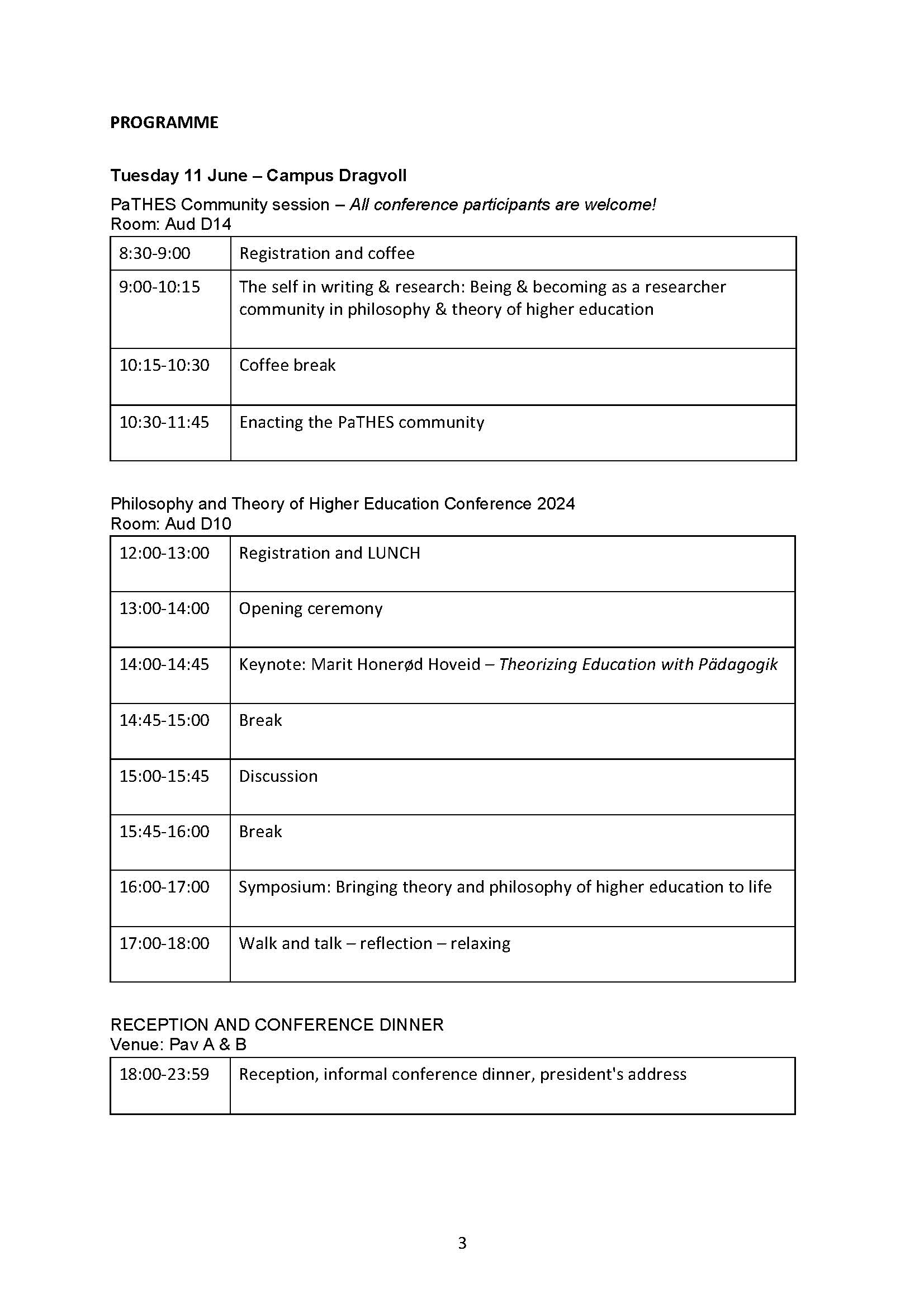
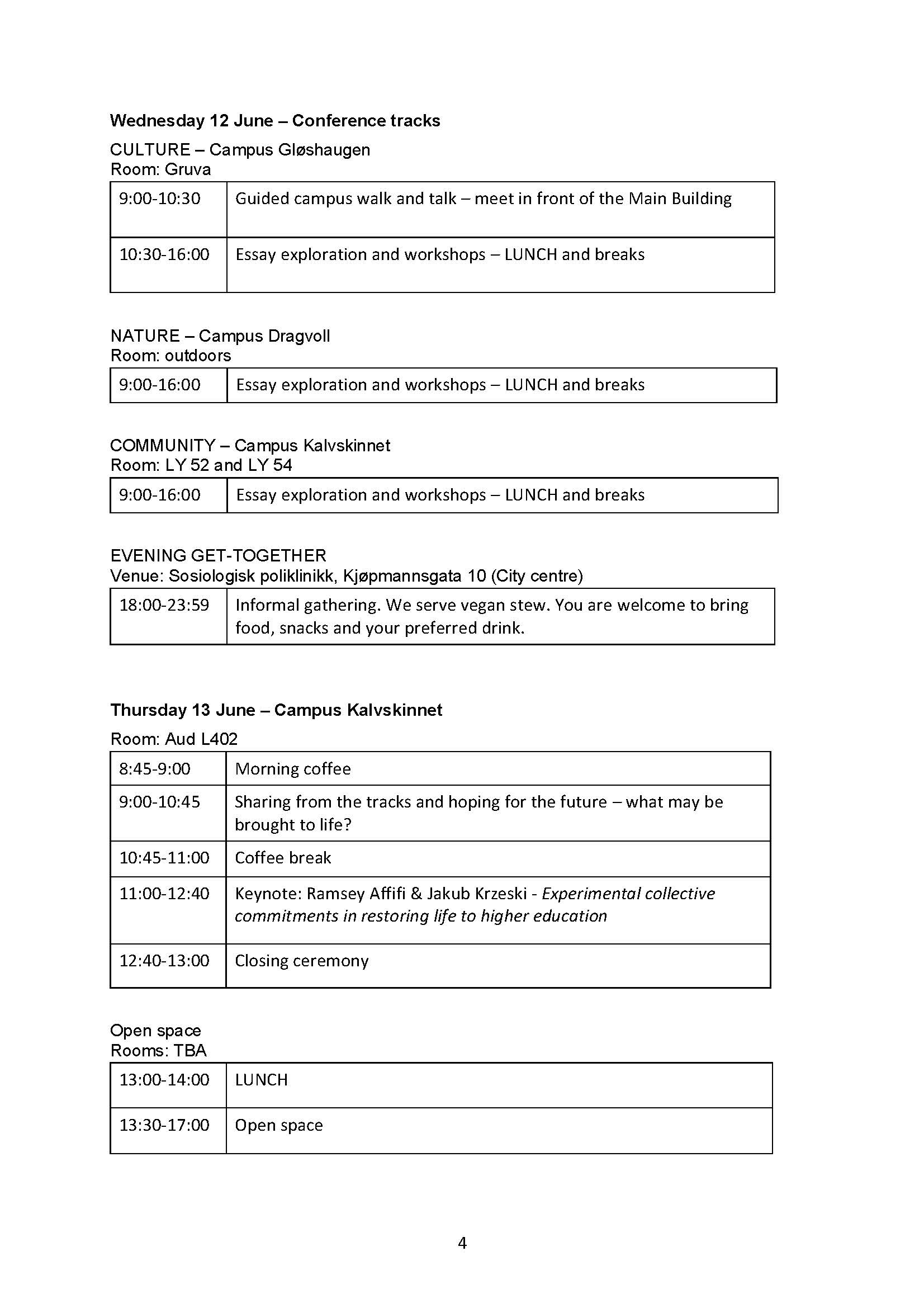
Tracks
Tracks
The aesthetic - evoking the senses: CULTURE (time and body)
Track convenor: Mattias Solli, Associate professor, NTNU
In this track, we explore ways to elicit the senses, engage the body, and co-create knowledge in pedagogical situations. We call for submissions associable with Spiel, which is to say, in Hans-Georg Gadamer’s philosophy, events of open-ended, dialogical, and co-created understanding, were sensual and rational, personal and collective, embodied and intellectual modes of being-in-the-world are merged and set in motion.
You are free to choose the format. This can be, for example:
- A performative demonstration of complex ideas, involving the participants in a dance-like or dramatic constellation, thus facilitating a movement-based experience of the lived significance of the theoretical points.
- A show-and-tell demonstration of how to use a seemingly worn-out tool like PowerPoint or a good old blackboard in ways that communicate with the listener’s bodily understanding, thus facilitating a perceptual and affective understanding of the topic that you are lecturing about.
- A workshop where the participants are engaged in tasks demonstrating a central theme of education, through active, participatory, and perceptual sense-making.
- Presentations of a traditional theoretical paper discussing how the body shapes the mind while using examples that engage the listener’s perceptual and affective understanding of this theoretical topic.
… or something completely different!
This is a chance to explore your personal angle on pedagogy and scientific communication in higher education. Having said that, please note that if you prefer to go in the more “artistic” direction, you need to include some kind of reflection that invites the other participants to an understanding of the rationale behind your activity. And, contrariwise, if you go in the more theoretical direction, you need to somehow utilise or reflect on the fact that the listeners are present in the room as embodied subjects. In other words, we invite you to somehow explore how to connect with the embodied and affective understanding of the audience.
Practical organisation:
You will have 30 minutes at your disposal. You may well use 20 minutes for presentation followed by 10 minutes for discussion. But again, you can also do it differently. In any case, you must include the audience in some form of discussion, opening for dialogue as part of your contribution.
Rooted trees and rhizomes: NATURE (space and place)
Track convenor: Patric Wallin, Professor, NTNU
The influence of market thinking and human capital theory has deeply changed the language and practices used in education (Henry Giroux 2002). The instrumental view of the higher education sector positions the university as nothing more than an instrument for economic progress; an ordinary investment that should contribute to financial returns on the labour market, where students become production points and a degree becomes a form of currency or entrance ticket to working life.
In this way, universities themselves can be seen as contributing to the slow violence (Nixon 2011) that gradually destructs the planet, creates social injustice, and undermines democracy. At the same time, universities have traditionally also been a place for young people to gather, organise, and resist. With this tension in mind, this track will explore how higher education can be a societal institution that helps to overcome the current multicrisis (Litfin 2016).
Vision for this track:
The vision for this track is that we all come together to consider, reflect upon, and to some extent expand our perspectives. That everyone who is part of the track has the possibility to share their perspectives, inspire others, and critical question their own stand-point. This critical questioning is within the responsibility of each individual - when listening to others we only ask questions to better understand, but we do not judge.
For the time of the track our narratives will be entangled and it is through our relationships that we progress and learn. It is our shared responsibility to create an environment of respect and trust, where everyone can feel safe, seen, and valued. At the same time, everyone is allowed to choose how their narratives and essays will get entangled with everyone else. We shall catch each other when we fall and stumble, but we need to walk by ourselves.
Practical organisation:
We will be out in nature around Campus Dragvoll for the day. We will start the day with reading essays in groups. Using our essays as a starting point, we will then engage in dialogue and weave the different essays together within groups. With the tipi tent as our base, we will continue discussions over lunch before we combine the work from the various groups into a new whole. This macrame of our essays and perspectives will be materialised using different artefacts.
During the day, we will explore different spaces and create places for dialogue. As the weather in Trondheim can be a bit unpredictable, please bring clothes for all types of weather.
Rhuthmòs and reading - conferring: COMMUNITY (of difference)
Track convenor: Fadia Dakka, Associate Professor, NTNU
Combining insights from Levine’s conceptualisation of form as a social, political, and ethical ‘arrangement of elements’ (Levine 2015:3) by which we mean ‘all shapes and configurations, all ordering principles, all patterns of repetition and difference’ (ibid) and Rhuthmòs as a mutable form that holds us in check and constitutes us (Barletta, 2020), this conference track interrogates the forms of education that we have brought to life.
Should we keep them, or leave them behind to anticipate, imagine and eventually summon new ones, capable of reviving and nurturing (new) ways of learning, living and, hopefully, flourishing together?
Practical organisation:
Based on the golden threads that run through your essays, you will be grouped thematically and spend 2 hours familiarising yourselves with the work of your fellow group members. You will read and reflect together on commonalities and differences animating your educational views. Each group will be assigned a critical discussant/provocateur who will facilitate and enhance in-group discussion to tease out lines of philosophical inquiry and flight.
Each group will then have 1.5 hours to produce a manifesto or vision designed to anticipate and invoke the form(s) of higher education we wish or need for the times to come. The manifesto can be written, audio-visual or performed.
In the final plenary each group will have the chance to present their manifesto to the others. The critical discussants will then be invited to join a concluding panel discussion that will critically reflect on the manifestos, debating the forms, scenarios and horizons of higher education envisaged, through the prisms of difference, critique and hope.
Keynotes
Keynotes
Keynote speaker: Professor Marit Honerød Hoveid – Theorizing Education with Pädagogik
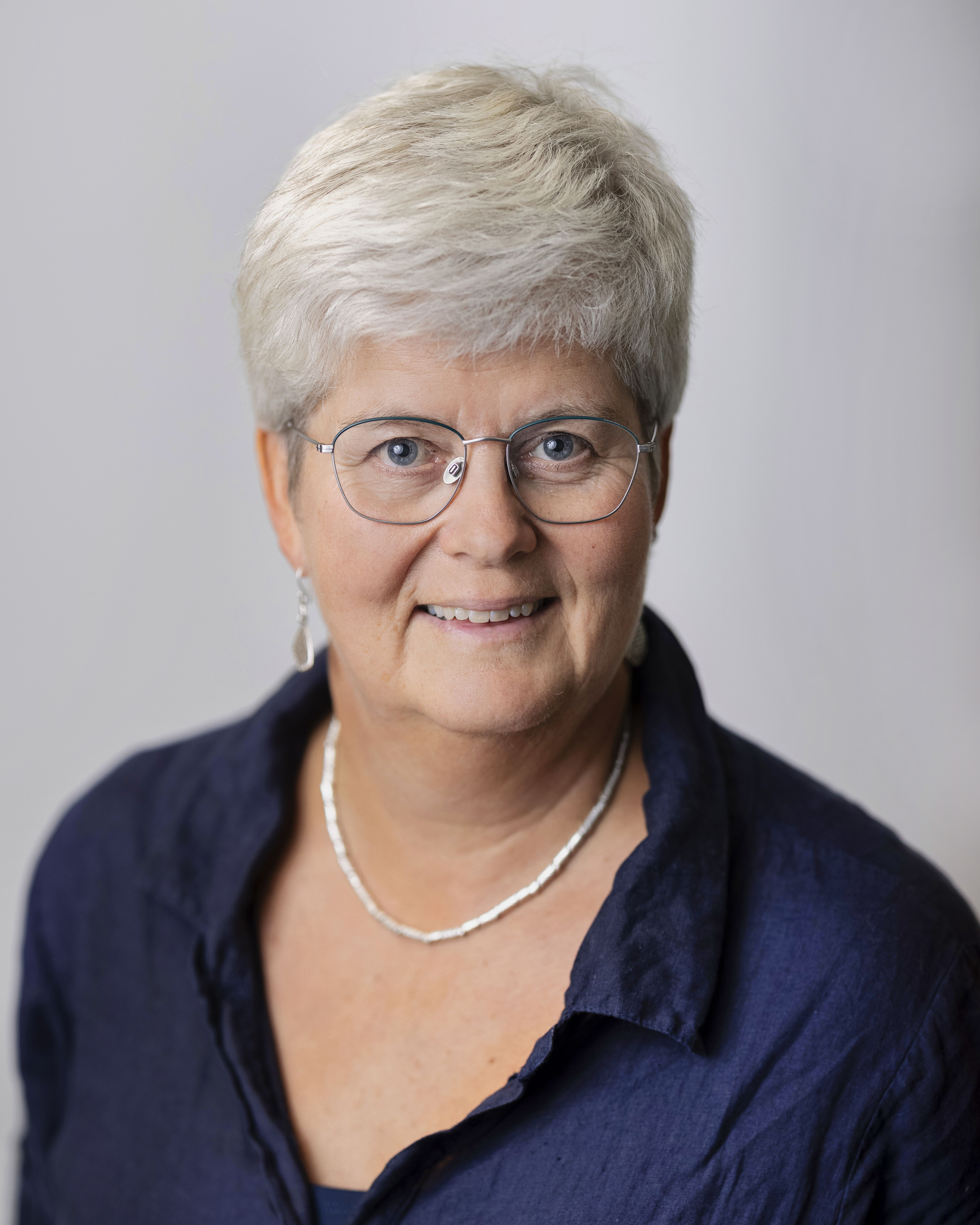
We are happy to announce our first keynote speaker, Marit Honerød Hoveid!
She is a Professor of Pedagogy at the Norwegian University of Science and Technology (NTNU), Department of Education and Lifelong Learning. Her research and teaching are centered at the Unit for University Pedagogy. A current research project is related to reading in HE, especially in PhD education. Hoveid is also the sitting President of the European Educational Research Association. Her keynote will draw on her experience from collaboration and exchange of ideas among educational researchers in Europe.
Theorizing Education with Pädagogik
Theorizing education – well that is exactly what Pädagogik is doing, I claim. According to Erling Lars Dale (1946-2011, Norwegian professor of Pädagogik) there are two ways of thinking Pädagogik as a scientific discipline. It can mean to establish Pädagogik as a scientific discipline at the university, which in the Norwegian context started in the in the 1930’s with the establishment of the Pedagogical Research Institute (PFI), at the University of Oslo. Or it may mean to make the educational practice scientific, for example for teachers, by the help of different scientific disciplines (i.e. psychology, sociology, philosophy). My argument, in line with Dale, is that theorizing is a task for the discipline, and in Pädagogik there are three distinct research phenomena: oppdragelse/Erziehung ('upbringing' may not fully cover the meaning of these concepts), undervisning (teaching) and danning/Bildung. It is noteworthy that in Germany the term for the discipline is ‘Erziehungswissenchaft’. By following some of the history of Pädagogik one can re-discover a rich theorizing of the central phenomena of education. Finding and doing distinctions related to education internationally is difficult due to the intertwining of concepts, interpretations and understandings in their cultural embeddedness. Theorizing higher education, however, opens the means for asking fundamental questions related to teaching and learning in higher education and to problematize what higher education is for. Through my keynote I hope to open for a discussion about education beyond understandings of its obvious practices – into the phenomena constituting ‘Pädagogik’ in higher education.
Keynote speakers : Ramsey Affifi, University of Edinburgh & Jakub Krzeski, Nicolaus Copernicus University
- Experimental collective commitments in restoring life to higher education
The second keynote for the PaTHES Conference 2024 advocates for a reimagined role of critique in academia, emphasizing its place in collective action and shared commitments to revitalize higher education. Through a conversational dialogue, Jakub and Ramsey explore how, despite better intentions, academics’ work often reproduces deadening academic practices and cultures. In particular, the authors explore the paradoxical nature of critique, acknowledging it often creates division and distraction, but how it also has potential for renewing life to higher education. Hence the keynote includes an interactive component, during which participants are urged to reflect on their complicity in the current state of academia and to re deploy critique in to creating "experimental collective commitments”. This approach aims to foster a culture of collaboration and renewal, empowering attendees to shape the future of academia through meaningful engagement, built on the encounters during the conference.
Ramsey Affifi
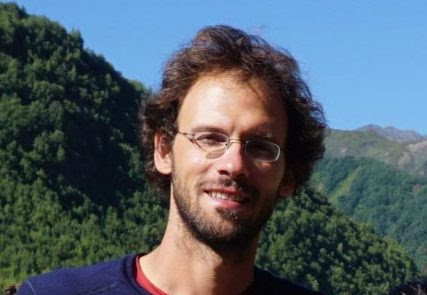
Jacub Krzeski
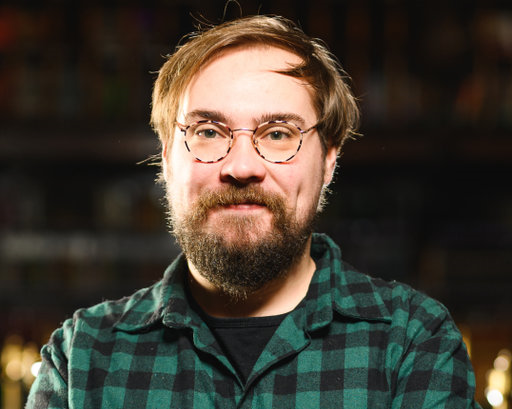
About PaTHES
About PaTHES
The Philosophy and Theory of Higher Education Society encourages the widest possible perspectives across philosophy and social theory in illuminating higher education. Engaging with concepts such as critical thinking, creativity, sustainability and social justice, the Society addresses challenging issues of the day and of the world.
The Society provides a collaborative space for scholars to come together, in reflecting on the values of the university as an institution and on higher education as educational practices. It aims to be central in the formation and the development of the philosophy and theory of higher education as a recognised field of study.
The idea for the Society originated with meetings and discussions between a group of scholars who all saw the need for a society that could help promote and sustain the efforts of scholars working in the field of philosophy and theory of higher education. This group has continued to develop this work by founding PaTHES as an international learned society; organising and running an inaugural, annual major conference (held at Aarhus University, Denmark, in November 2017, and at Middlesex University, UK in 2018, at KU Leuven, Belgium in 2019, at Uppsala University in 2019 and at University of Gdansk, Poland in June 2023); and by establishing a link with Philosophy and Theory in Higher Education (edited by John Petrovic) as the Society’s associated journal.
Practical information
Venue
Venue
Venue: TBA
In order to travel in the city centre of Trondheim, the easiest and cheapest option is to buy tickets in the AtB app.
Travel to Trondheim
Travel to Trondheim
By train
Located in the city center, Trondheim S is the main railway station servicing Trondheim. It is the terminus of Dovrebanen going south, and Nordlandsbanen going north. Trains from Oslo arrive five times per day (including one night train). Taking the train from Oslo is beautiful, but takes around 7 hours. Tickets and schedules at VY.
By plane
Direct flights from abroad are available from the following cities (subject to change) and many other cites connect via Oslo. Arrivals from Oslo are approximately once per hour.
- Alicante, Spain
- Amsterdam, Netherlands
- Berlin (BER), Germany
- Copenhagen, Denmark
- Gdansk, Poland
- Gran Canaria, Spain
- Helsinki, Finland
- Krakow, Poland
- London (LGW), United Kingdom
- Malaga, Spain
- Manchester, United Kingdom
- Nice, France
- Riga, Latvia
- Split, Croatia
- Stockholm, Sweden
Trondheim airport (Værnes) lies around 30km east from the city. To get to the city, it is possible to take a buss, a train or a taxi. The bus Værnes Ekspressen costs 200 NOK one-way, leaves every 15 minutes and takes around 30 minutes. The train costs 42 NOK one-way, leaves once per hour and takes around 35 minutes. A regular taxi costs around 900 NOK, but it is also possible to pre-book a seat in a shared taxi for 460 NOK. The drive takes around 25 minutes.
Accommodation
Accommodation
You can find a large number of hotels at various price points in the city center of Trondheim. In addition, Nidaros pilegrimsgård and Trondheim Vandrerhjem (hostel) have good offers, as well as Airbnb might be an option for some. Finally, we are looking into the possible to bring a tent and stay close to the venue – send an email to Patric Wallin if you are considering this option.
External member
Tessa Celine Delaquil
postdoc
Aarhus University
